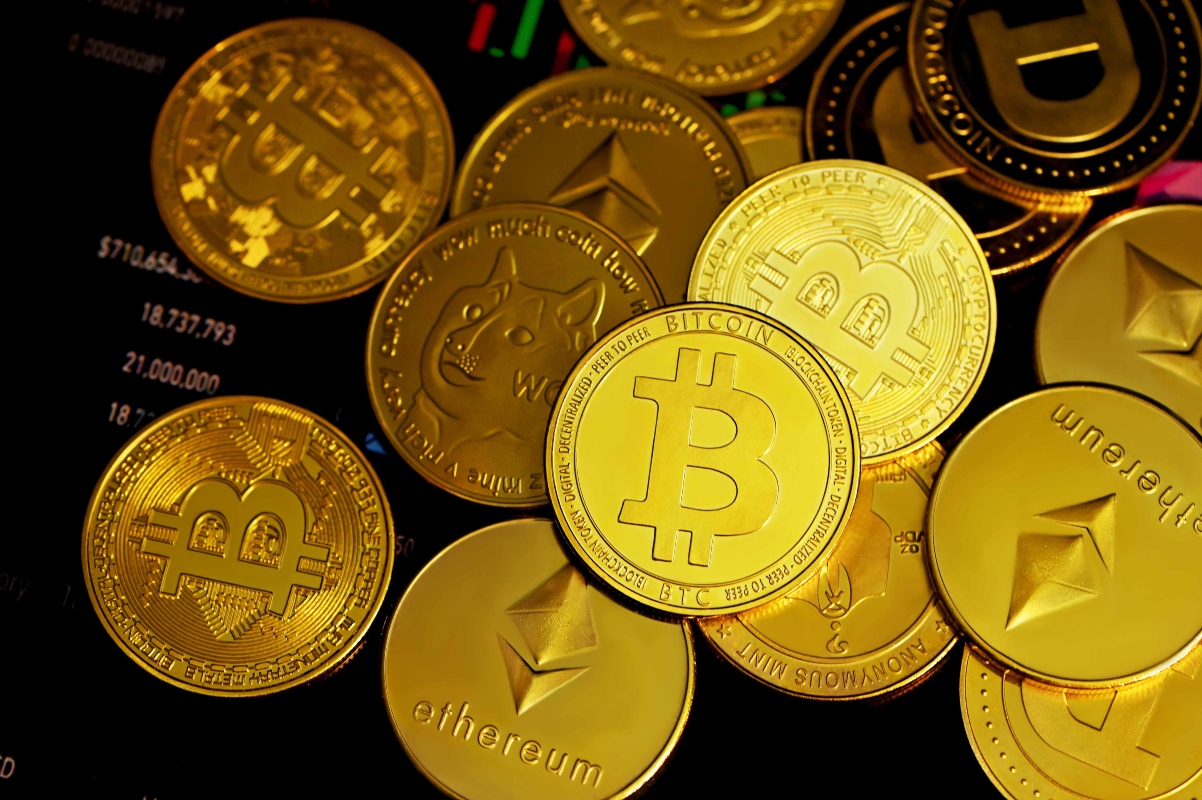THE digital world has experienced an unprecedented surge in recent years, driven in part by the rapid growth of cryptocurrency and the metaverse. The online gaming industry has emerged as a significant player in this digital landscape, with innovative technologies and platforms that attract millions of users worldwide.
This article delves into the integration of cryptocurrency and metaverse in the online gaming industry, discussing the opportunities and challenges it presents.
The rise of cryptocurrency in the metaverse
Blockchain technology and decentralized currencies have fueled the growth of virtual worlds, enabling seamless transactions and secure digital asset ownership. Despite fluctuations in price, cryptocurrencies like Bitcoin and Ethereum have become integral to the in-game economies of various metaverse platforms, allowing users to buy, sell and trade virtual goods and services. As the popularity of these digital currencies continues to grow, their role within the metaverse is expected to expand further, shaping the future of online gaming.
The convergence of online gaming and metaverse platforms
As the online gaming industry evolves, the adoption of virtual reality (VR) technology has become increasingly prevalent. VR offers players a more immersive and engaging gaming experience by allowing them to interact with their environment in novel ways.
With online casinos embracing VR technology and incorporating it into their experiences, players are able to explore virtual casino environments and engage with realistic, interactive elements, thus elevating the overall gaming experience. One such platform that exemplifies the potential of VR technology in the online gaming space is PokerStars. This innovative platform offers a unique and interactive poker experience, transporting players to various virtual settings where they can enjoy the classic card game.
Blockchain-based gaming platforms
The emergence of blockchain-based gaming platforms has revolutionized the industry by offering secure transactions and verifiable digital asset ownership. These platforms leverage the power of blockchain technology to create decentralized, transparent, and tamper-proof systems that benefit both developers and players.
A key aspect of this trend is the rise of non-fungible tokens (NFTs) in the gaming industry. NFTs represent unique digital assets, such as in-game items, characters, or collectibles that can be bought, sold, and traded securely on blockchain networks. This has opened new revenue streams for developers and offered players opportunities to monetize their gaming experiences without compromising on security and authenticity.
Opportunities for growth and improvement in the crypto-metaverse gaming landscape

The integration of cryptocurrency and metaverse technologies in the online gaming industry brings immense potential and exciting opportunities for growth. As with any emerging technology, there are areas in which improvements can be made to ensure a secure and sustainable future for all stakeholders.
Security and privacy are crucial aspects that developers and platform operators are continuously addressing. Innovative solutions are being developed to counter potential threats from hackers and malicious actors. By prioritizing user protection and implementing robust security measures, the industry is working to create a safe environment for users to enjoy their gaming experiences without fear.
In response to concerns about the environmental impact of cryptocurrency and blockchain technology, the industry is actively exploring innovative solutions to minimize its environmental footprint. Developers and stakeholders are researching energy-efficient processes and adopting sustainable practices, ensuring that the growth of these technologies does not come at the cost of our planet’s well-being.
Additionally, the evolving regulatory landscape in the crypto-metaverse gaming industry presents opportunities for collaboration between industry stakeholders and regulatory authorities. As uniform regulations are established, inconsistencies and ambiguities can be addressed, paving the way for a well-regulated, fair and transparent gaming environment. The development of clear guidelines will not only protect users, but also support the industry’s growth by fostering trust and stability.
In conclusion, the marriage of cryptocurrency and the metaverse within the online gaming industry holds immense potential for growth and innovation. By embracing these technologies and addressing the associated challenges, the industry can continue to thrive and offer players exciting, immersive experiences in the digital realm.
